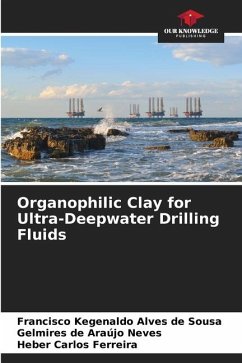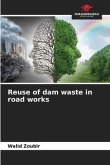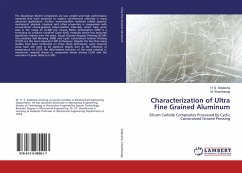Unlike the rest of the world, Brazil's largest oil fields are located offshore, which makes their exploitation an ever greater challenge as reservoirs are discovered under deeper water every day. Organophilic clays are an essential input in the production of organic-based drilling fluids. In this study, three types of clay were organophilized and their compositions were introduced into paraffin, ester and diesel oil-based fluid formulations, with the aim of evaluating the performance of these fluids in terms of their various rheological and filtration properties. The results show the importance of studying organophilic clay compositions and the feasibility of obtaining fluids with satisfactory rheological behavior, making use of lower quality clays more viable. Ester-based fluids are promising, with properties that meet most of the API (2005) restrictions and also have the advantage of causing less environmental impact when compared to diesel-based organic fluids.
Bitte wählen Sie Ihr Anliegen aus.
Rechnungen
Retourenschein anfordern
Bestellstatus
Storno








